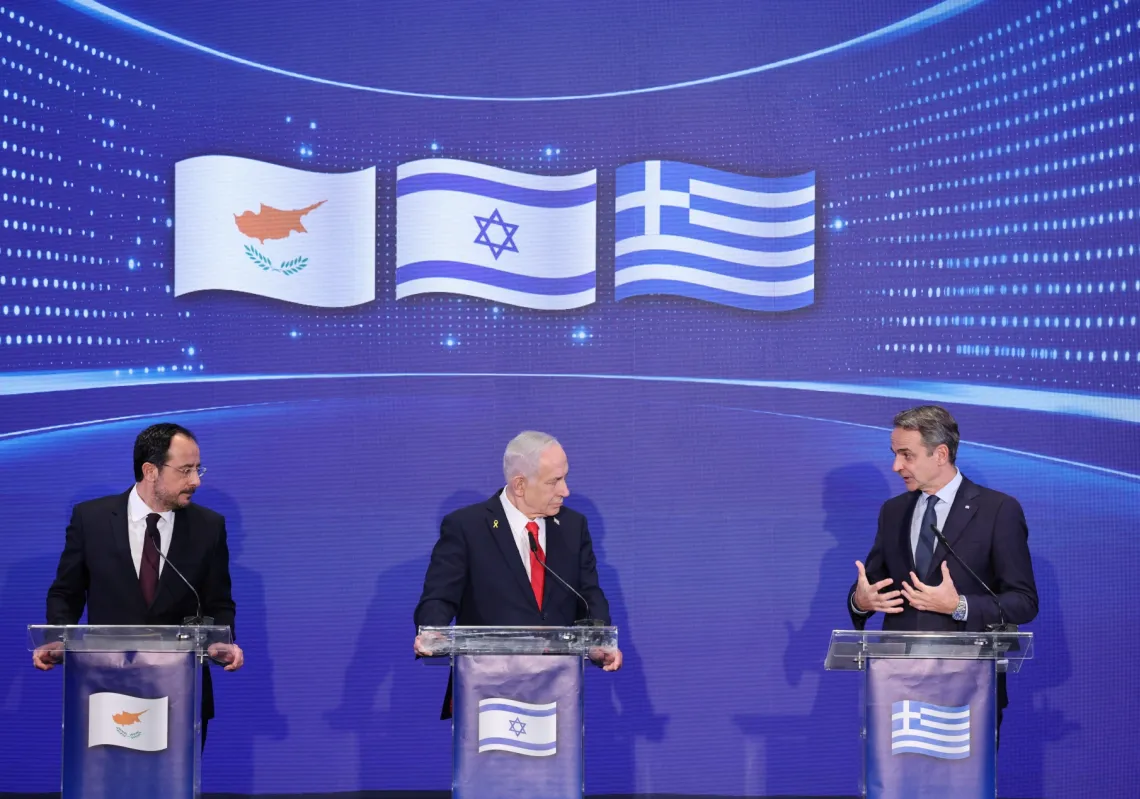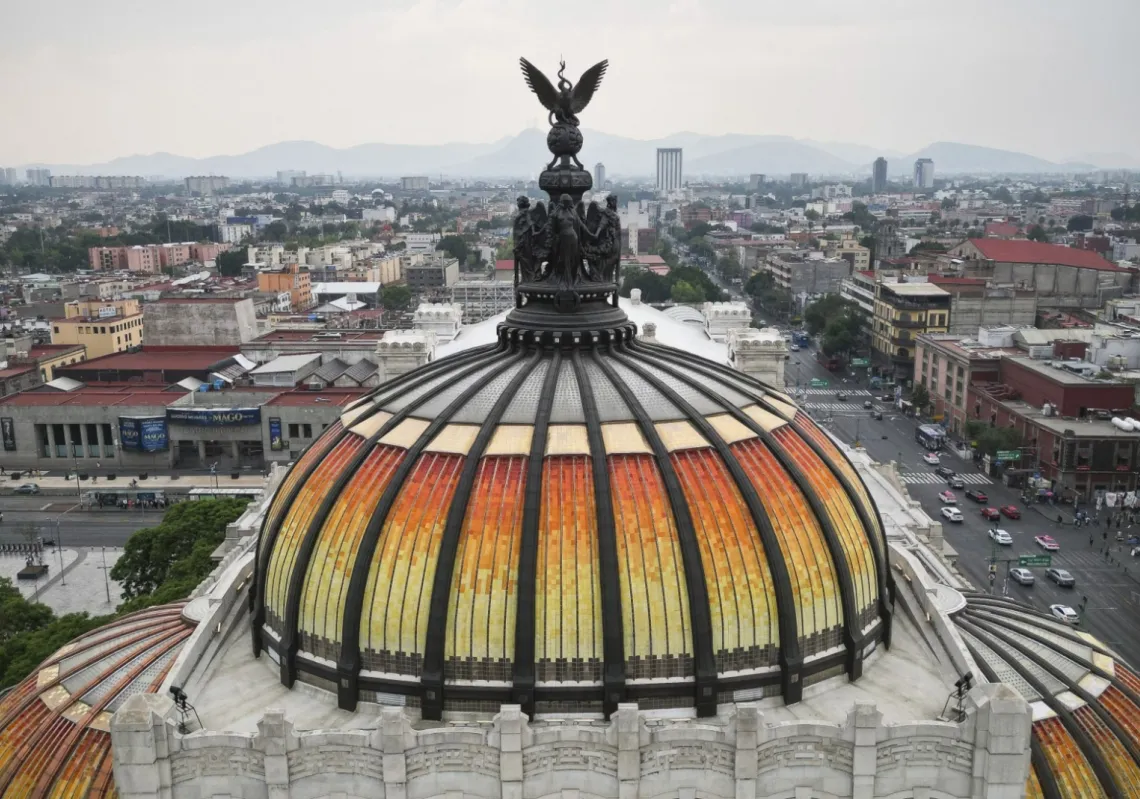It is not certain that the current Afghani president Hamid Karzai will be able to win the presidential marathon at the first round of presidential elections due to be held Next August. In the 2005 ballot, although he won about 55% of the Afghani vote, Karzai had a long way to go to victory. The Pashtuns who voted for Karzai and enabled him to reach the helm of power at Jal Khana Palace in Kabul, were subject to a lot of bloodshed during his rule. They had chosen Karzai, who came from Popalzai, one of the biggest Afghani Pashtun tribes from which royal dynasties descended, including the family of Mohammed Zahir Shah, the last king of Afghanistan.
Karzai was born in Kandahar, the Capital of Southern Afghanistan, in December 1957. His father was a representative of Kandahar in the Afghani Parliament during the rule of King Mohammed Zahir Shah. It can be said that Karzai inherited Popalzai's respect for his father who had much influence with clans and also had wealth that enabled his son, Hamid, to complete his studies. He completed the basic stage of his studies in Kandahar schools then in the Afghani capital's schools. After that, Hamid was sent to India. In 1983, he obtained a BSc. Degree from Himchal Pradesh, Shimlah, India. Immediately after he completed his studies, he returned to Pakistan where his family had immigrated because of the Soviet Invasion of Afghanistan. Karzai started his political career by providing Afghani fighters with financial and military supplies. It was circulated that he joined the Party of Al-Sayed Al-Jilani, the leader of Jilani Sufi path. What is certain is that he showed his support to the deposed king Mohammed Zahir Shah despite the majority of jihad parties' opposition to the King's return to Afghanistan.
It is known that the CIA was in contact with Afghani fighters during the Cold War. Karzai was then the go-between between the decision making circles in Washington and many leaders of Afghani Jihad. It is widely thought that there were strong relationships between one of his brothers and influential figures in the US Administration while Hamid was studying in India. Therefore, all brothers emigrated to the USA during 1880s and established a chain of restaurants while Hamid was still shuttling between Islam Abad and Quwaita in Pakistan. He entered Kabul with Afghani fighters who overthrew the communistic government of Najuibullah in 1992.
As a reward, this ambitious young man was appointed as deputy to foreign minister Dr. Abdullah Abdullah who also became a foreign minister in the first years of Karzai's rule. Hamid Karzai kept himself away from blood baths that occurred between fighters. He traveled to Rome where he met the King. He then returned to Pakistan as one of the King's representatives who called for the King's return to a safe haven from the civil war. Hamid thought the King would achieve unity between Afghani ethnicities.
It is certain that Karzai was one of those who signed a document that supported the Taliban when the movement emerged in Qandahar. In this way, he joined the movement especially because their initial declarations did not reveal any intentions of seizing power. Karzai tried to sell them the idea of adopting Loya Jirga (concept of Tribal Shura) which would return the deposed king to Kabul. However, Pakistani Intelligence System had already dominated and motivated the movement towards assuming power. Karzai opposed the movement and declared publicly that he was against Pakistani intervention. As a result, his father AbdulAhad Karzai was assassinated while he was leaving a mosque in Quwaita. The son was ordered to leave Pakistan within 48 hours in July, 1999. He joined his brothers in the USA.
In his documentary Fahrenheit 9/11, Michael Moore said that Hamid Karzai worked as a counselor in Unocal Corporation. Le Monde newspaper mentioned this claim although Unocal and Karzai still deny it for fear that this should reveal too much about his relationship with the Bush administration's officials. In either case, it is still unknown whether Karzai got US citizenship or not. He might have obtained a Green Card during his stay there which might have been suspended because of 9/11 events.
Prominent Afghani leaders, enemies of the Taliban, were wholly engaged in forging alliances and giving talks on how to exploit the current situation and align themselves with international forces to overthrow the Taliban. They had started to share rule perhaps before a single bullet was shot. However, Karzai arrived in Quwaita and started his endeavors to gather Pashtun clans loyal to him or those who suffered a lot because of Taliban's activities. Pictures at the time showed Karzai speaking on his Al-Thuriya satellite telephone. He was shuttling between areas to instigate Pashtuns against the Taliban. During the war, Karzai was put under siege in Afghanistan. The Taliban would have killed him if it were not for a quick and accurate US raid that rescued him along with his companions.
Lakhdar Brahimi, UN special representative for Afghanistan held a meeting for Afghani leaders in Bonn, a conference to discuss the future of the country. Meanwhile, Karzai was in the battlefield although he had never carried a weapon before. When Brahimi got tired of Afghani leaders' disputes, he let them hear a telephone call with Karzai to present to them the leader of war against the Taliban in Kandahar, the stronghold of the movement.
The relationship of Brahimi with Karazai was very strong. He was very enthusiastic about helping Karzai reach power in Afghanistan. In this regard, many observers who attended a closed-door meeting in Bonn in 2001 reported that Brahimi asked ten historical Afghani leaders to vote for the coming president and Karzai got two votes only whereas Dr. Abdul Satar Siret won most of the votes. However, Brahimi decided that Karzai was the best candidate for the office because he was Pashtun while Siret was Uzbekistani. Brahimi did not let the attendees leave before he got their approval of Karzai as president of Afghanistan Transitional Administration. Karzai granted Brahimi Afghani citizenship upon completion of his Afghani mission. This was evidence of the strong relationship between the two men.
The Afghani people were happy with Karzai because he hadn't been involved in the civil war and his hands had never been stained with blood. He was a good speaker who was very persuasive to the public especially due to his great respect for former King Mohammed Zahir Shah who had returned to Afghanistan. Karzai insisted on granting him a special title in the Afghani constitution as the father of the Afghani nation. Karzai used to bow when greeting the King and rise from his presidential seat whenever they met.
Karzai was exposed to many assassination attempts, the first of which took place in Kandahar in December 2002. He survived this attempt and another one made during the celebration of the National Afghani Day in April 2008.
Since Karzai reached the presidential palace in December 2001, he has had very good relations with the prominent officials of the US administration. This administration has spared no effort in supporting Karzai even though the US military strategy killed a lot of civilians in Pashtun areas. Consequently, Karzai has recently blamed and criticized those practices which would lose him a lot of popularity in the area of his influence since he could not protect its population. The coming Afghani elections will not be an easy experience for Karzai. These elections may remove him from the Afghani political arena to spend the remainder of his life in the US with his wife Zenat Karzai.
Mazzen Aman - A journalist following up afghani affairs








